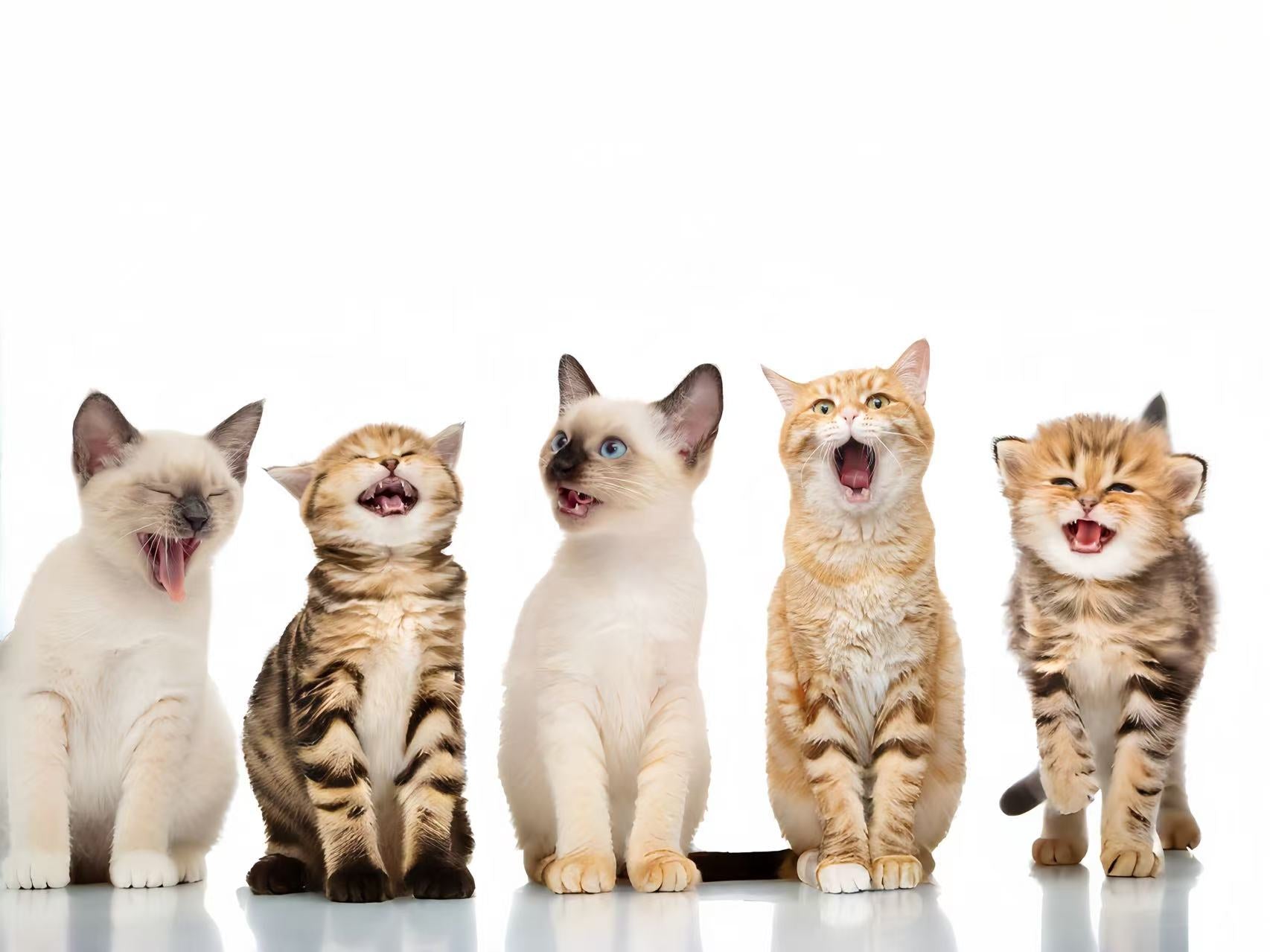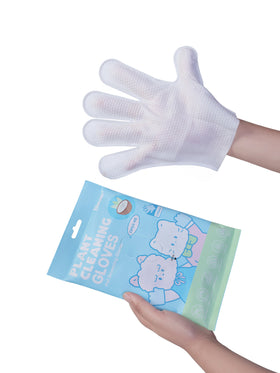Is your cat a chatterbox? Until we get a universal cat translator, it’s up to us to learn their language. From the classic meow to the mysterious chitter, here’s your guide to understanding what your feline friend is trying to tell you.
The Versatile Meow: A Sound Just for You
Did you know adult cats rarely meow at each other? They save this vocalization almost exclusively for their humans. A meow is generally a request for your attention—whether it’s for food, play, or a greeting when you walk in the door. Pay attention to the tone: a long, plaintive meow might be a complaint, while a short, high-pitched one is often a friendly "hello!" You may also notice your senior cat's meows get louder, which can be a result of hearing loss.
The Comforting Purr: It’s Not Always Simple
That soft, rumbling purr is the sound of ultimate contentment, right? Usually, yes. A cat purring while curled up in your lap is a sure sign of a happy, relaxed companion. However, cats also use purring as a way to self-soothe when they are stressed or in pain. The key is context: if their body is tense or their ears are flat, the purr might mean "I'm nervous" rather than "I'm happy."
Chirps & Trills: The "Follow Me!" Sound
These are some of the most delightful cat sounds! A chirp is a short, bird-like noise, often used by mother cats to get their kittens' attention. A trill is a melodic mix between a meow and a purr. When your cat greets you with one of these sounds, they’re essentially saying, "Hey there! Come see what I found!"
The Chatter: Prey Drive in Action
If you’ve ever seen your cat staring intently at a bird outside the window while making a stuttering "ek-ek-ek" sound, you’ve witnessed chattering. This unique sound is a blend of frustration and excitement, triggered when your cat spots prey that is just out of reach.
The Yowl: A Sign Something's Wrong
A yowl is a long, drawn-out, and mournful sound that is hard to ignore. It’s your cat’s way of saying something is seriously amiss. This could signal anything from pain and discomfort to the call of a cat in heat. If the yowling is persistent, a vet visit is a good idea to rule out medical issues.
Hisses & Growls: Clear Boundary Setting
When a cat hisses, growls, or spits, the message is unmistakable: "Back off!" These sounds indicate that your cat feels scared, threatened, or territorial. It’s their way of setting a firm boundary, and it’s always best to give them space until they calm down.
A Final Word of Caution
While some vocalization is normal, a sudden increase in meowing or yowling can be a red flag for pain or illness. Always trust your instincts—if your cat’s behavior changes, consulting your veterinarian is the best way to ensure their health and happiness.
By learning these basics, you're well on your way to becoming a fluent speaker of "Cat." Get ready for many more years of deep—and now, more understandable—conversations with your feline overlord.




